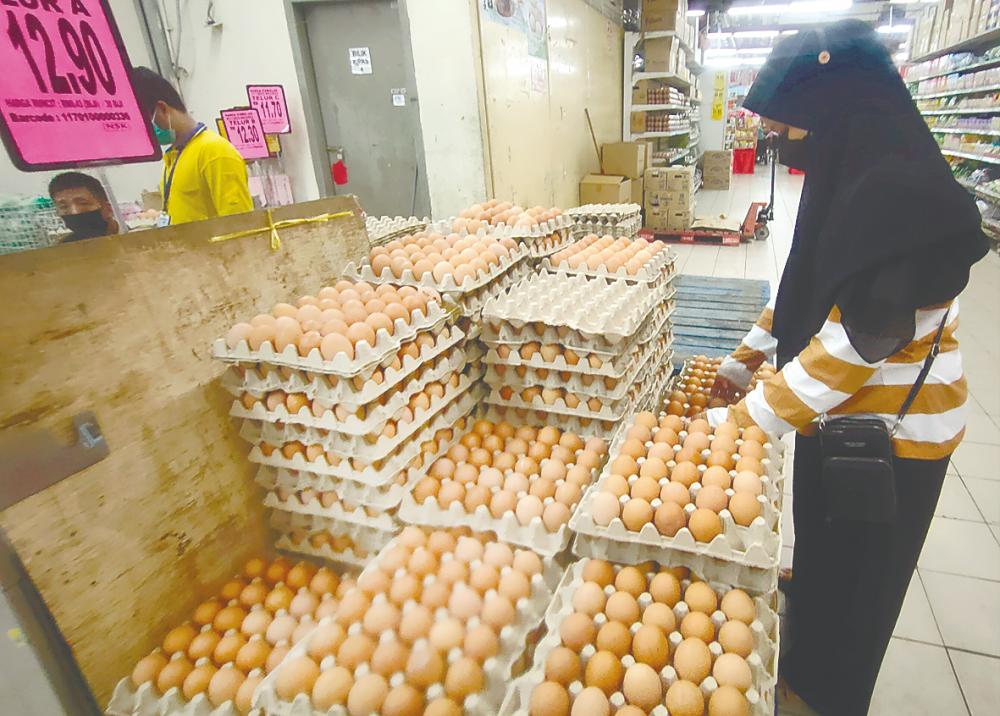GEORGE TOWN: As meat prices continue to rise in Penang, eggs have become a more affordable and accessible protein source, especially for lower-income groups.
State Agrotechnology, Food Security and Cooperative Development Committee chairman Fahmi Zainol said while eggs are not a direct substitute for meat, they serve as a good alternative for low-income households.
“Eggs provide a reliable and affordable source of protein for families on tight budgets as compared with more expensive meats, such as beef and pork.
“They provide a nutritious source of protein at a fraction of the cost of traditional meat products,” he told theSun.
He said farming of poultry, whether for meat or eggs, is more land-efficient than livestock, such as cattle and pigs, which require larger spaces.
“In areas with limited land, poultry farming allows for better utilisation of available space while providing a steady, sustainable and affordable source of protein.”
He said although the government has implemented price controls to address the rising cost of chicken, eggs remain a more affordable and reliable option.
From 2021 to 2023, the rising price of chicken led to prolonged price controls, contributing to the growing popularity of eggs as a more affordable protein source.
Fahmi said unlike fish, which are dependent on natural conditions, poultry farming offers a more predictable protein source option.
He also pointed out the broader factors influencing protein demand.
“Demand is driven by population size and per capita consumption. If the population grows and per capita consumption rises, demand would naturally increase.”
He referred to a decrease in per capita consumption of pork, chicken and mutton in 2021 compared with the previous year, according to the Statistics Department.
He said in Penang, demand for beef, mutton and fresh milk fell in 2023 largely due to a reduction in per capita consumption, which was attributed to statewide per capita alignment that adjusted the figures used for 2023 compared with 2022.
Fahmi highlighted the outbreak of African Swine Fever in Penang as exacerbating the situation, causing a sharp decline in pork production.
“Although production levels remained sufficient, the price of pork rose, prompting an increase in demand for alternative proteins, such as chicken, duck and eggs.”
He said the decrease in demand in 2022, compared with 2021, was partly due to a slowdown in Penang’s population growth rate by 0.1%, influenced by the number of non-citizen residents and restrictions on international travel due to Covid-19.
The rising cost of food, including meat, has been identified as a key issue in Unicef’s recent report “Families on the Edge, Penang”, published in August.
The report stated that households in the state have increasingly turned to more affordable protein sources, such as eggs, to maintain nutrition as financial pressures increase.
It also mentioned that there was a 47% decline in meat consumption in 2022 compared with pre-pandemic levels, while many families struggled with food insecurity and rising costs.









